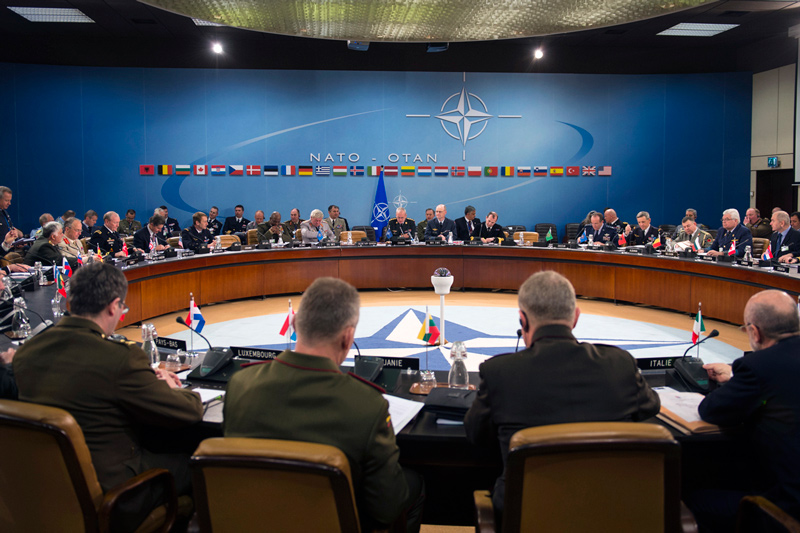- Current Events Nebraska Rejects Winner-Take-All Proposal
- Citizenship Voting Under Age 18
- Citizenship Citizenship in Action
- Democratic Party Biden’s and Trump’s Recent Primary Results
- Elections Trump and Biden Win South Carolina and Michigan Primaries
- Democratic Party Trump and Biden Win Big in Early February Contests

Comey Testifies Before Senate
Last Thursday, former FBI director James Comey testified for three hours in front of the Senate Intelligence Committee. The key issue before the committee was whether or not President Trump tried to stop the FBI investigation into the Trump campaign’s ties to Russia. Here, we take a look at some of the major points covered during Comey’s testimony.
What Questions Was Comey Asked?
Former Director Comey’s questioning was led by Richard Burr, Republican chairman of the Intelligence Committee, and Mark Warner, the Democratic vice chair. The Committee asked Comey questions about nine conversations that took place between Trump and Comey in 2017. One of the central questions was whether or not President Trump had asked Comey to drop the investigation of former National Security Adviser Michael Flynn, who was fired for his ties to Russia. Comey stated that the president said to him that he hoped the case against Flynn would go away. Comey also pointed out that Trump asked everyone else present to leave the Oval Office before this conversation so that he could be alone with Comey, which Comey said was a breach in protocol.
Another important issue that came up was Comey’s claim that Trump lied about his reasons for firing Comey on May 9. Publicly, Trump said he fired Comey for his mistreatment of Hillary Clinton’s email investigation during the 2016 campaign. However, Comey stated that he believes he was fired because Trump was trying to put an end to the Russia investigation.
What Does This Mean For Trump?
While Comey’s testimony raises some questions about his views of the president’s actions, nothing was revealed during the questioning that could be considered an impeachable offense. For example, Trump may have told Comey that he wished for Comey to drop the case against Flynn. However, that’s not the same thing as ordering him to drop it.
Also, Trump has denied many of Comey’s allegations about what was said and done during the conversations being discussed in the investigation. That means, therefore, it is the president’s word against Comey’s testimonial statements. Each person paying attention to this story, then, evaluates the seriousness of the controversy based on whose story you believe.
For the moment, it is likely that Congress will continue to further investigate the Russia issue. What results from these investigations is–for now–impossible to know.

